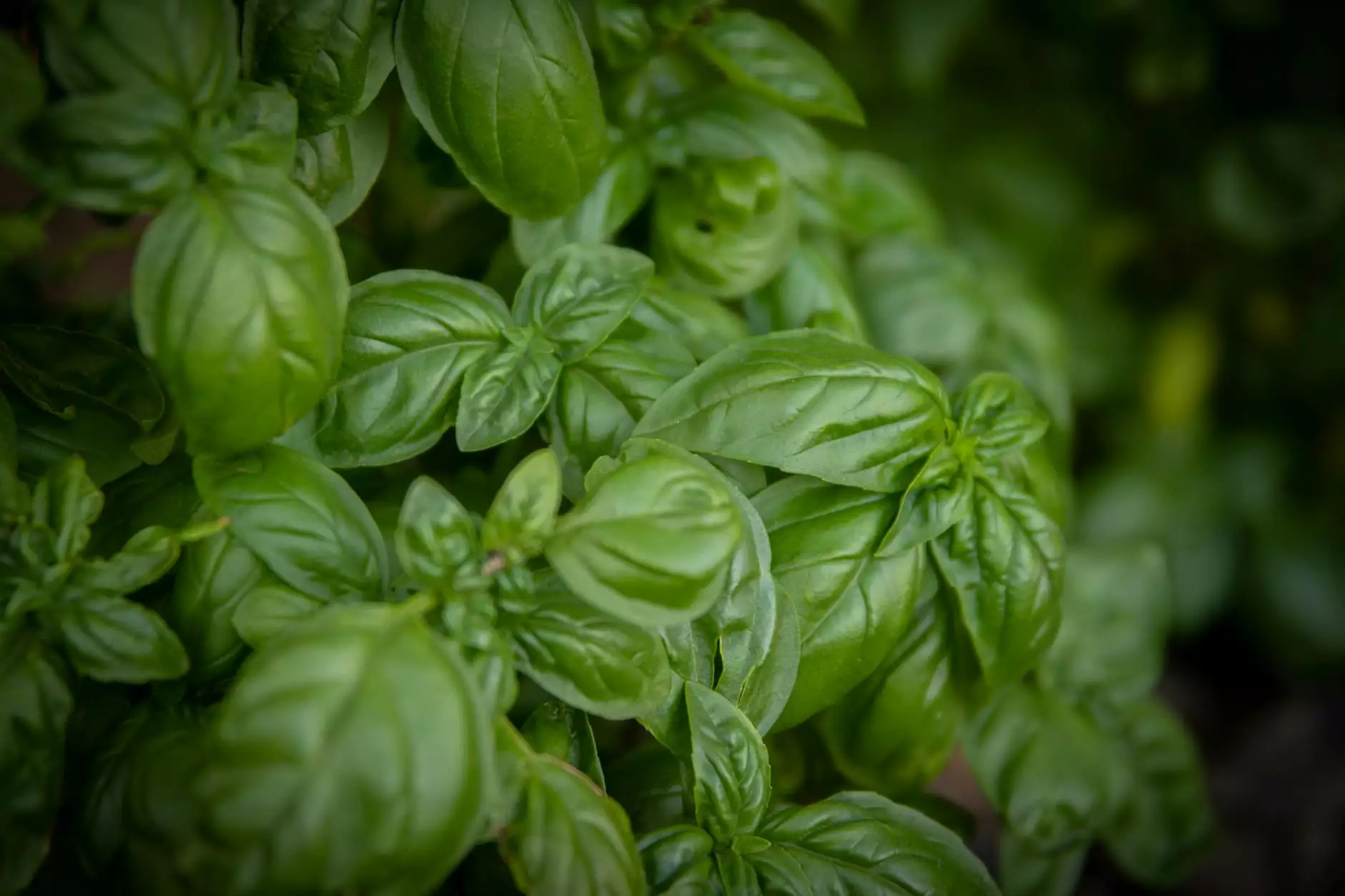The Wonders of Wasabi Plant Leaves

Wasabi plant leaves, also known as "Wasabia japonica," are a staple in Japanese cuisine, particularly in dishes like sushi and sashimi. These vibrant green leaves not only add a distinct flavor to dishes but also come with a plethora of health benefits.
Health Benefits of Wasabi Plant Leaves
Wasabi plant leaves are rich in antioxidants, vitamins, and minerals that have been linked to various health benefits. They are known for their anti-inflammatory properties, which can aid in reducing inflammation in the body. Additionally, the leaves contain compounds that may help boost the immune system and improve digestion.
Unique Flavor Profile
The flavor of wasabi plant leaves is often described as pungent and spicy, with a subtle sweetness. The distinct taste is what sets wasabi apart from other condiments and adds a kick to dishes. When finely grated, the leaves release enzymes that create a heat sensation in the mouth, giving a unique culinary experience.
Culinary Uses of Wasabi Plant Leaves
Wasabi plant leaves are commonly used to make wasabi paste, which is a popular accompaniment to sushi and sashimi. The paste is made by grating the leaves into a fine pulp and mixing it with water to form a smooth, creamy consistency. Additionally, the leaves can be used as a garnish or added to sauces to enhance their flavor.
Restaurants and Sushi Bars
Many Japanese restaurants and sushi bars feature dishes that highlight the unique flavor of wasabi plant leaves. From traditional sushi rolls to modern fusion cuisine, these leaves add a level of authenticity and depth to the dishes.
The Essence of Japanese Cuisine
Japanese chefs have long revered wasabi plant leaves for their culinary significance. The use of these leaves in traditional Japanese dishes symbolizes a commitment to quality, authenticity, and attention to detail in cooking.
Final Thoughts
Whether you are a fan of Japanese cuisine or looking to explore new flavors, wasabi plant leaves are a must-try ingredient. Their unique taste, health benefits, and versatile uses make them a valuable addition to any kitchen.









